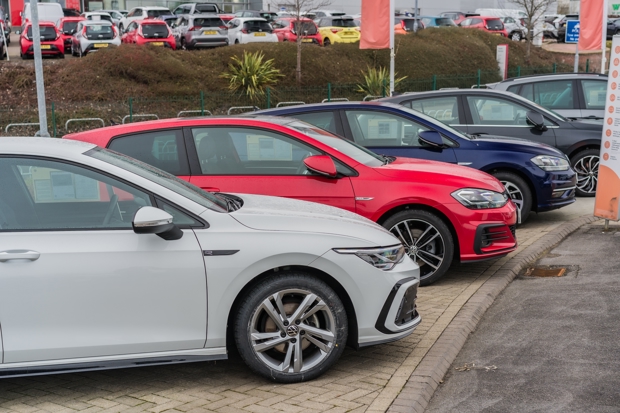Question of the week: What will happen to used ICE car values when EVs are compulsory new?

Dear Honest John,
"What do you predict will happen to used ICE cars' values when EVs are compulsory new? Will values of good condition small ICE cars ramp up or will they drop? We've only got ten years to go."
- SS
Dear SS,
It is virtually impossible to predict what will happen to the values of internal combustion-engined (ICE) vehicles once the sale of new examples ends.
On the one hand, the fact they will no longer be produced means that the number on the roads will begin to decline, and this restriction of supply would normally result in prices firming up.
However, the value and desirability of used ICE vehicles will depend on how they are taxed in comparison to EVs. It is possible that future governments will increase VED rates compared to EVs to reflect that they are more polluting, which made persuade some current owners of ICE vehicles to switch to EVs. Again, it is a matter of demand versus supply which is the main determinant when it comes to values.
There will always be a market for ICE vehicles, but at some point the sheer number of used EVs on the market will mean that even used car buyers on modest budgets will be able to choose between EV or ICE, and for those who are only interested in the lowest running costs, an EV may be the better option.

